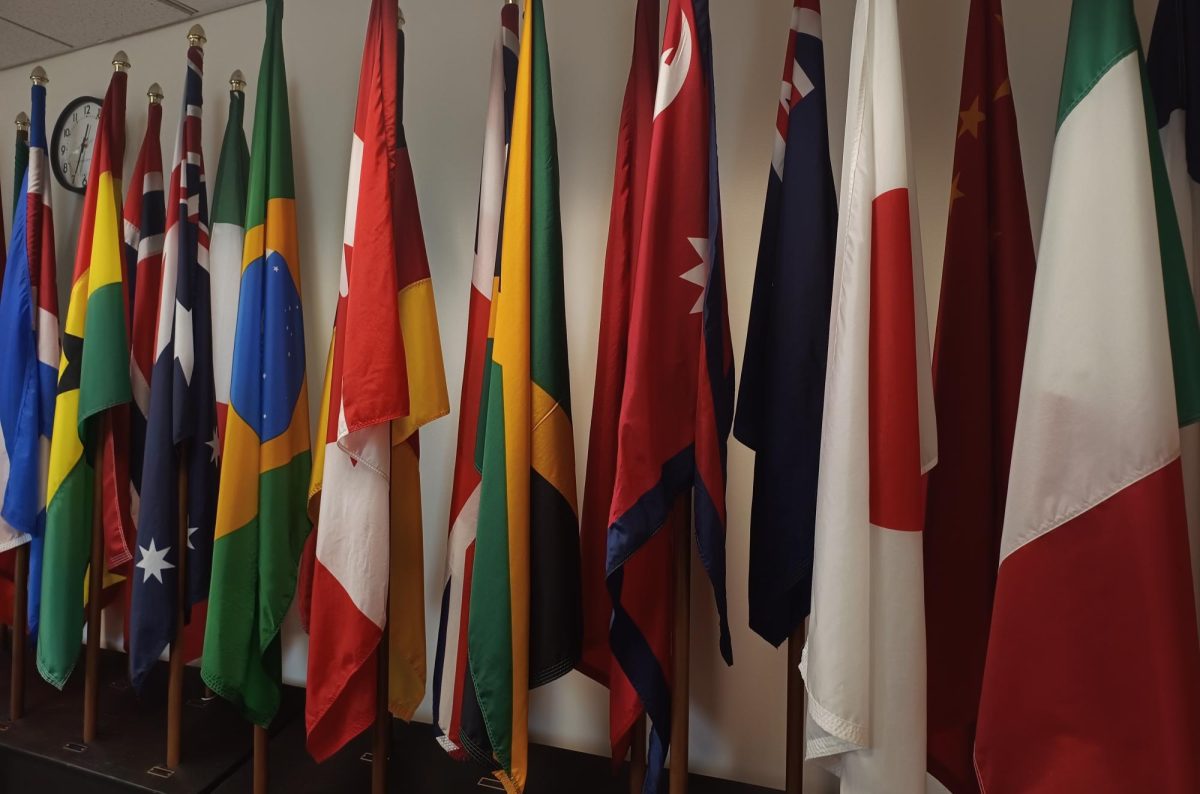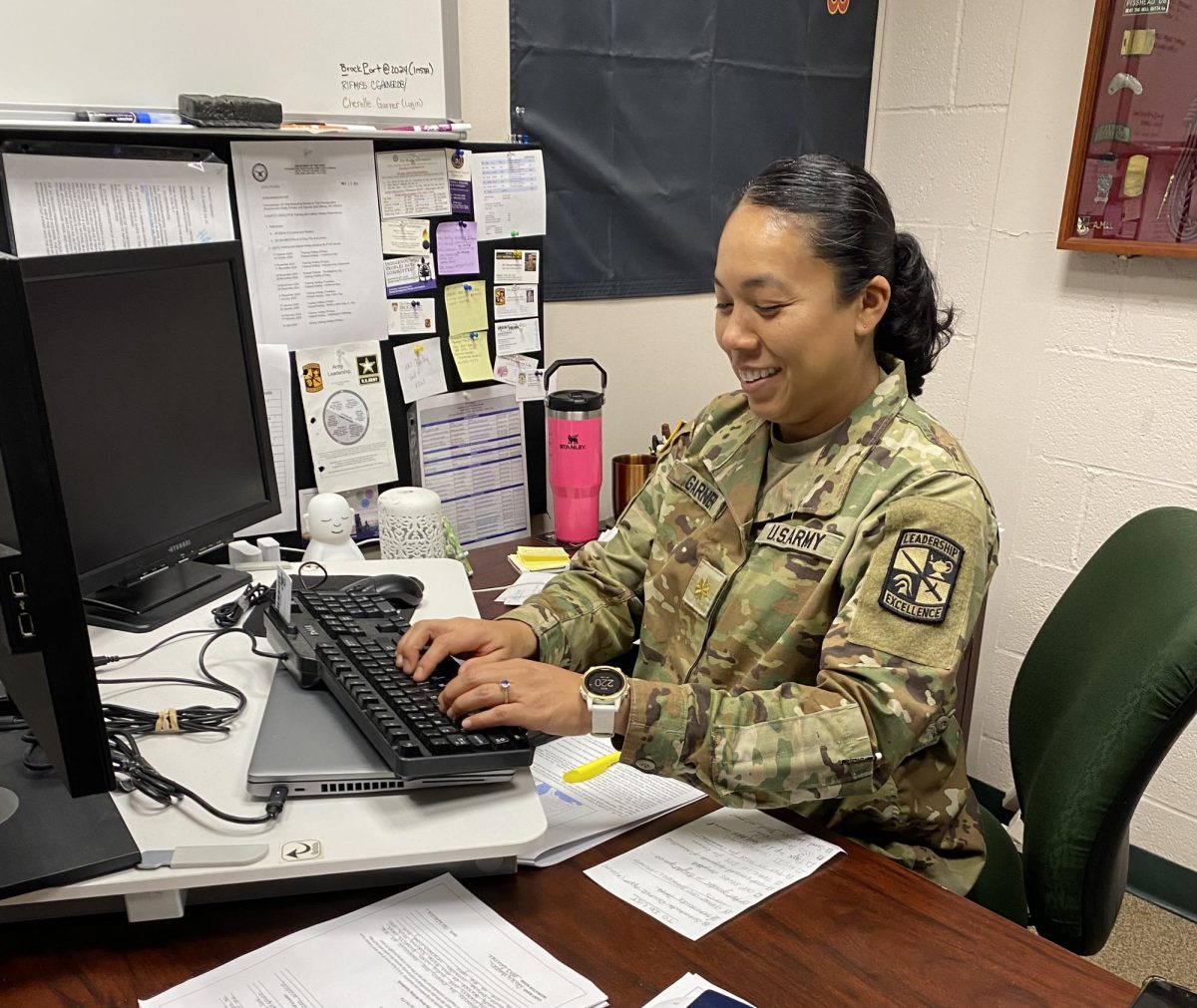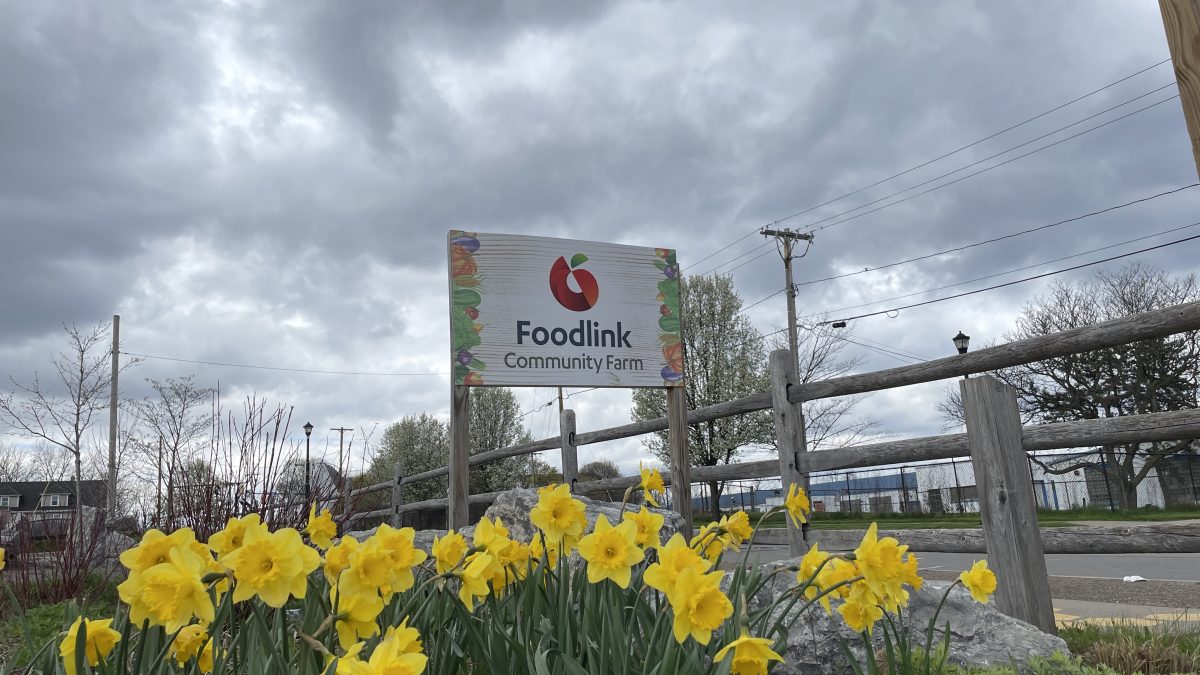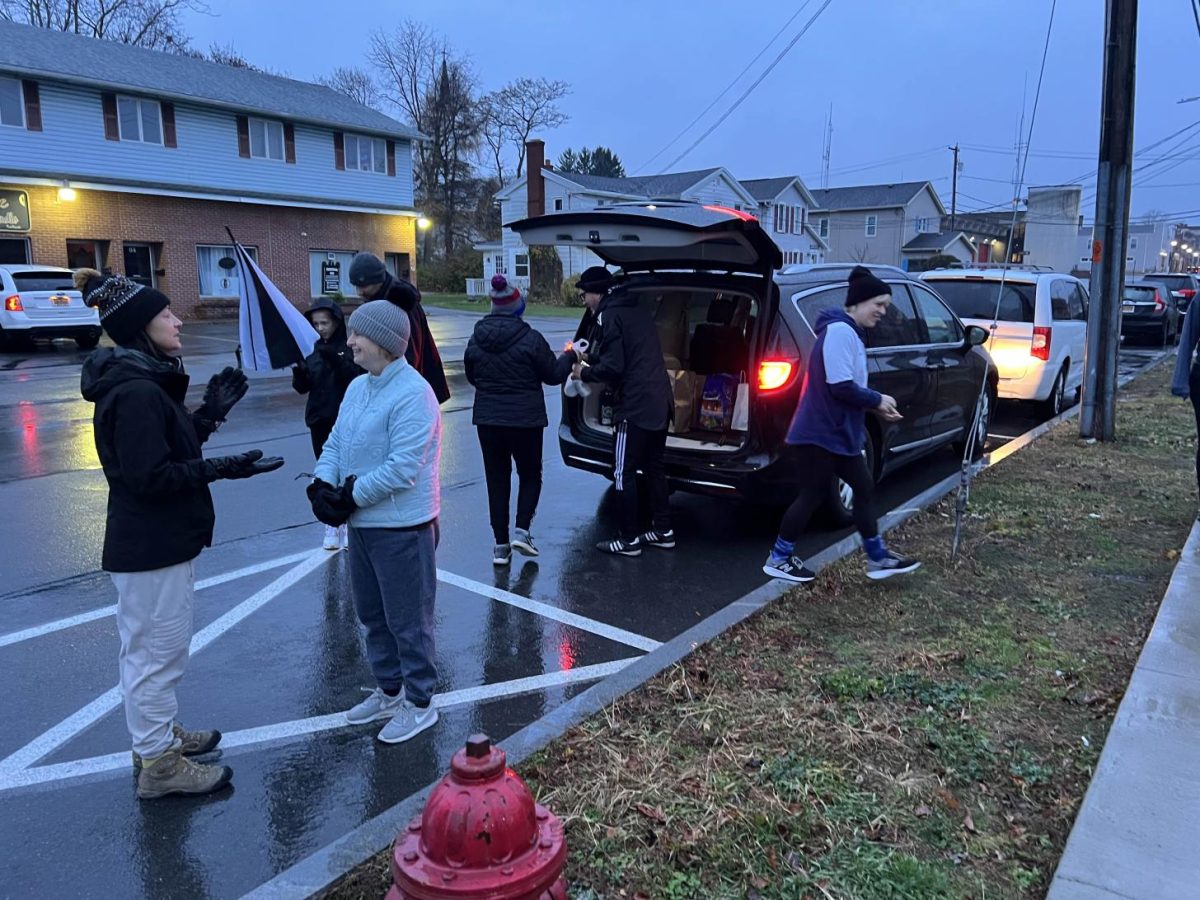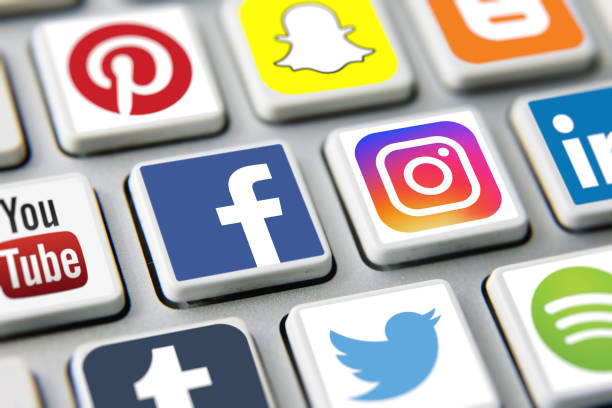
By: Ryan Jennings
(Brockport, N.Y.) Snapchat. Instagram. Facebook. Twitter. Never before has there been a period in history that has been so interconnected to the point where you can reach and even speak with any person around the world at any time. With this level of communication and connection made possible, it should stand to reason that one of the first generations to grow up with social media would be the ones who use it the most. However, there are some college students who are a part of that generation and professionals that do not have a positive outlook on social media.
“I’m not going to say that social media is the worst thing in the world, I use it every day,” says Josh Biamonte, a senior from SUNY Brockport. ”But it’s the fact that I use it everyday and can’t stop easily is what worries me,”
Biamonte isn’t the only one with those concerns. According to Professor Samantha Paquette, who has a doctorate in child psychology, social media addiction is a complex but very real thing.
“It’s sort of a yes and no answer – no because there’s no physical neurological component that actually interacts with the brain from the platform of social media – but yes due to the pleasure responses that a person can have from different situations while using social media,” says Paquette.
“For example, likes on a post equals a serotonin boost, and it’s that boost itself that can cause addictive behavior. Physically social media itself isn’t addictive – it’s the features and interactivity that make someone addicted,” Paquette says.
Addiction may not be the only problem with social media, however. According to a research article published by the International Journal of Adolescence and Youth, it was found that through 14 different studies and thousands of participants, there is a link between social media and mental health issues such as depression and anxiety.
“This review found a general correlation between social media use and mental health problems” wrote Keles et al. “Incidences of depression, anxiety and psychological distress among adolescents, are likely to be multifactorial and social media may not be the sole cause. However, it is fair to say that there is an association between social media use and mental health problems,” Keles wrote.
So why does social media have such a strong correlation with these mental health problems? According to a research article from the Child Mind Institute, it’s the way we interact and communicate on social media that could lead to these mental health problems.
“Teens miss out more on things like body language and facial expressions. This can lead to more misunderstandings and hurt feelings. It can also make talking in person feel more intimidating,” writes author Rachel Ehmke. “In real life you can’t spend time crafting the perfect response.”
Ehmke also suggests that social media can create a sort of “imposter syndrome” within younger minds. Due to social media users being able to pick and choose what they post online, it’s not uncommon for people to present their life online as deceptively perfect as possible. This can lead to young adults to try and compensate by doing the same, however if their social media identity doesn’t align with how they truly feel about their life, they can end up being more depressed and left with less self-esteem.
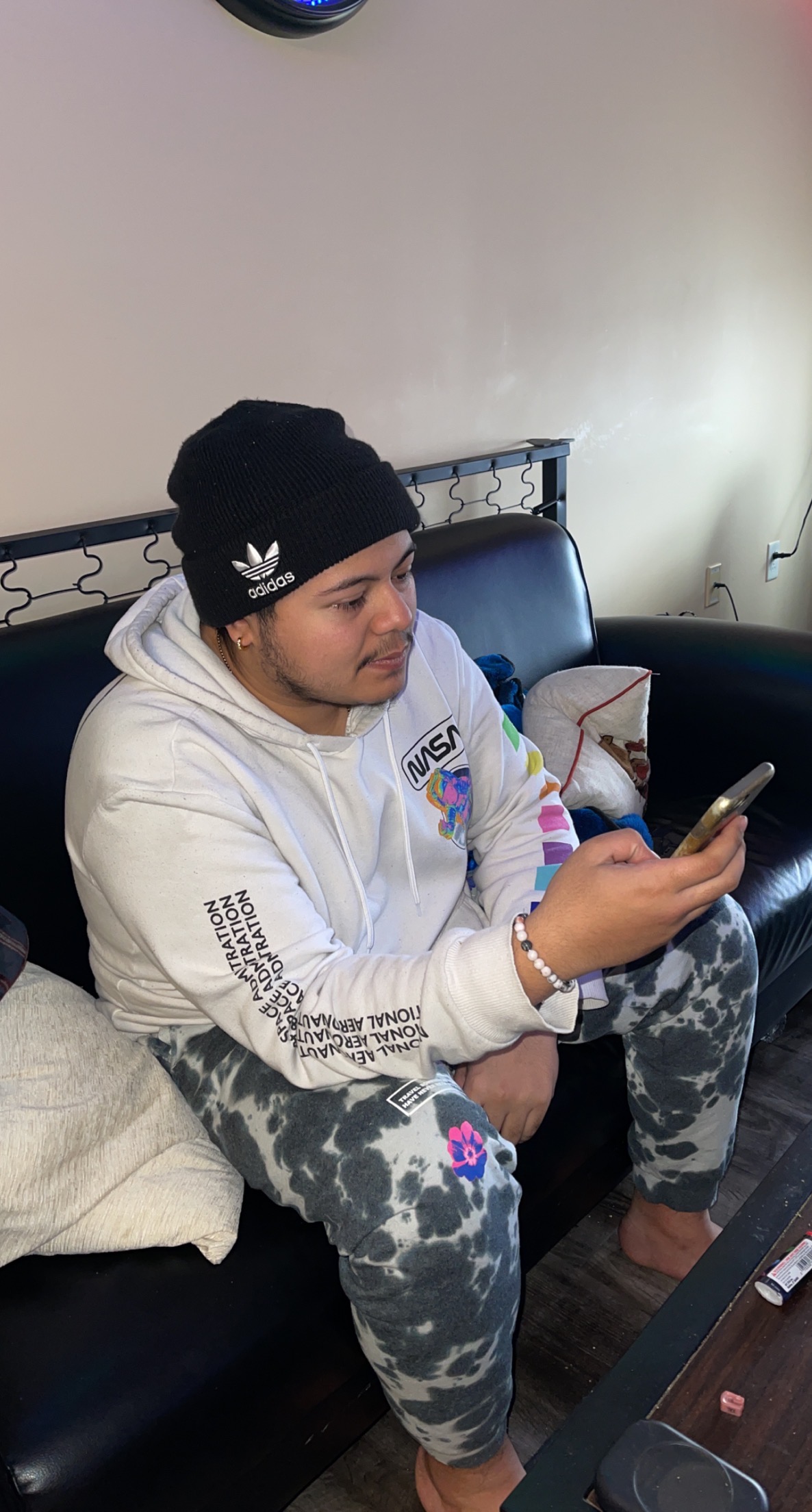
Biamonte says that readjustment is sorely needed after the pandemic-fueled social media reliance comes to a head against the reintegration to pre-pandemic life.
“During the pandemic social media was really all I had to connect with people since I took quarantining seriously,” says Biamonte. “Now I feel like it’s the easiest way to connect to people only because face-to-face stuff seems so much harder now.”
As the COVID-19 Pandemic weakens, it seems that social media use will only strengthen from here on out. It will be up to today’s college students, and the generations after them, to try and reconcile their complex online social lives with real-life interactions and experiences.



















